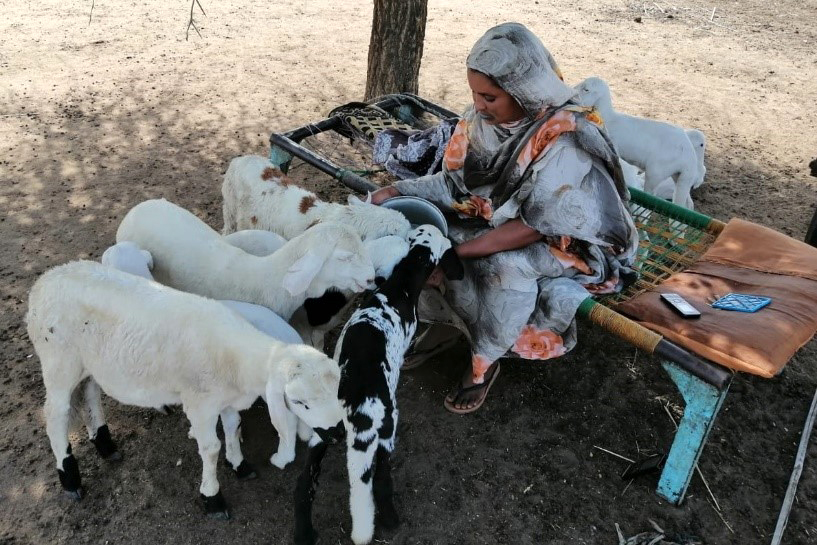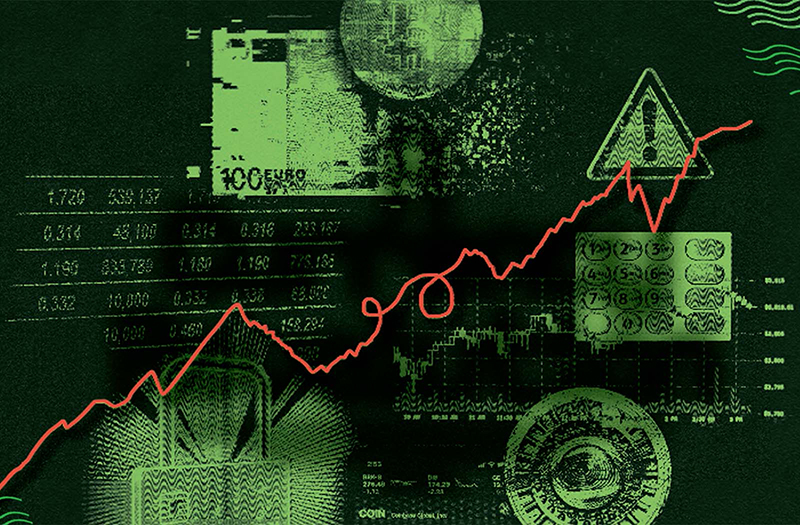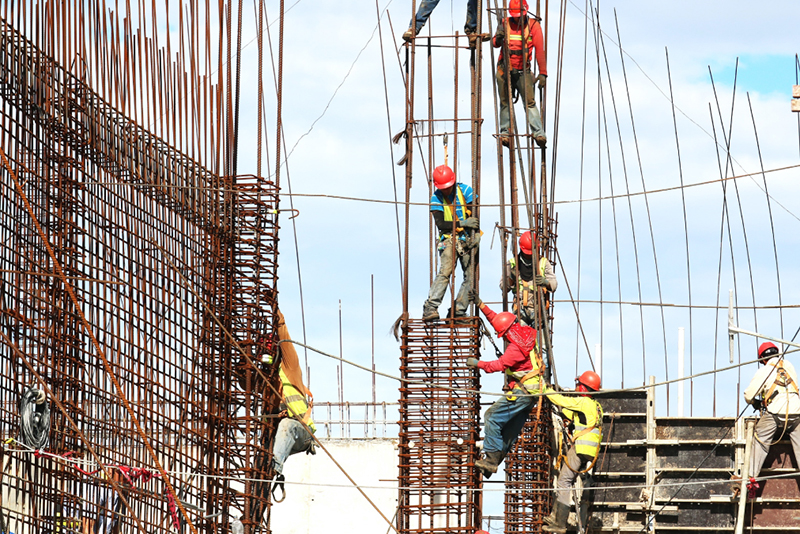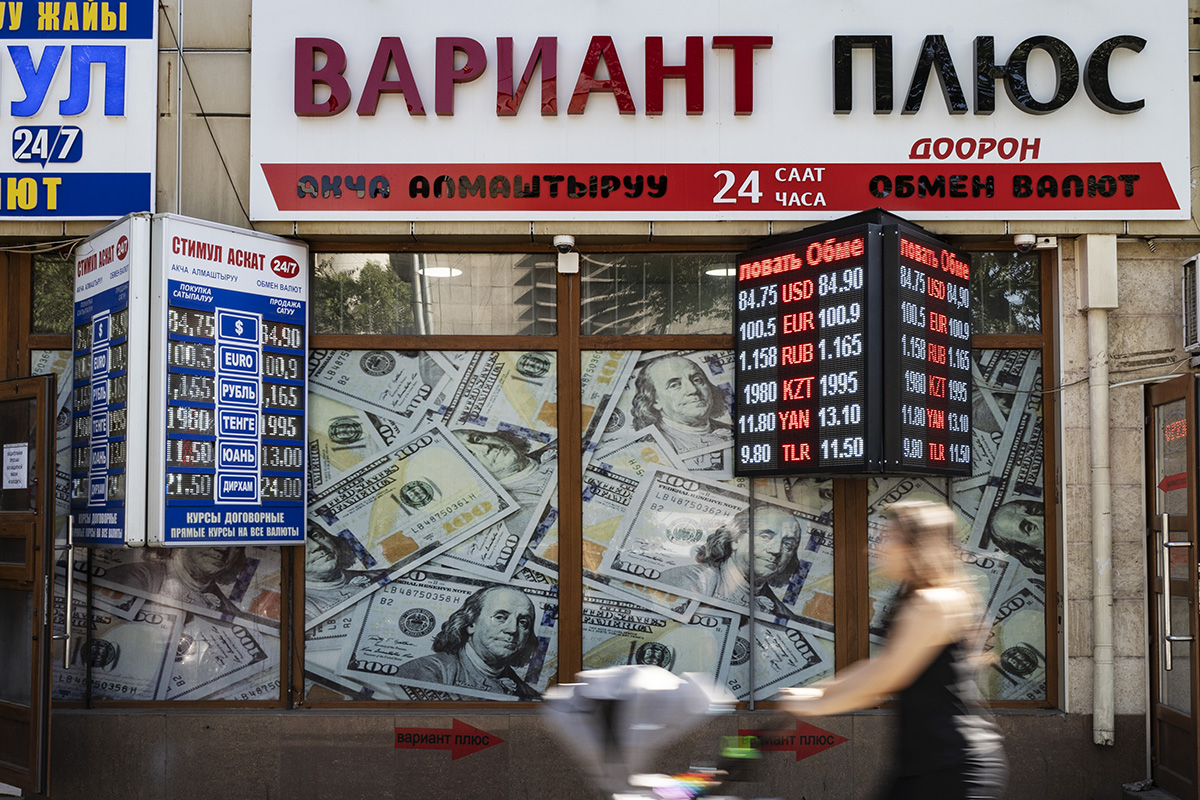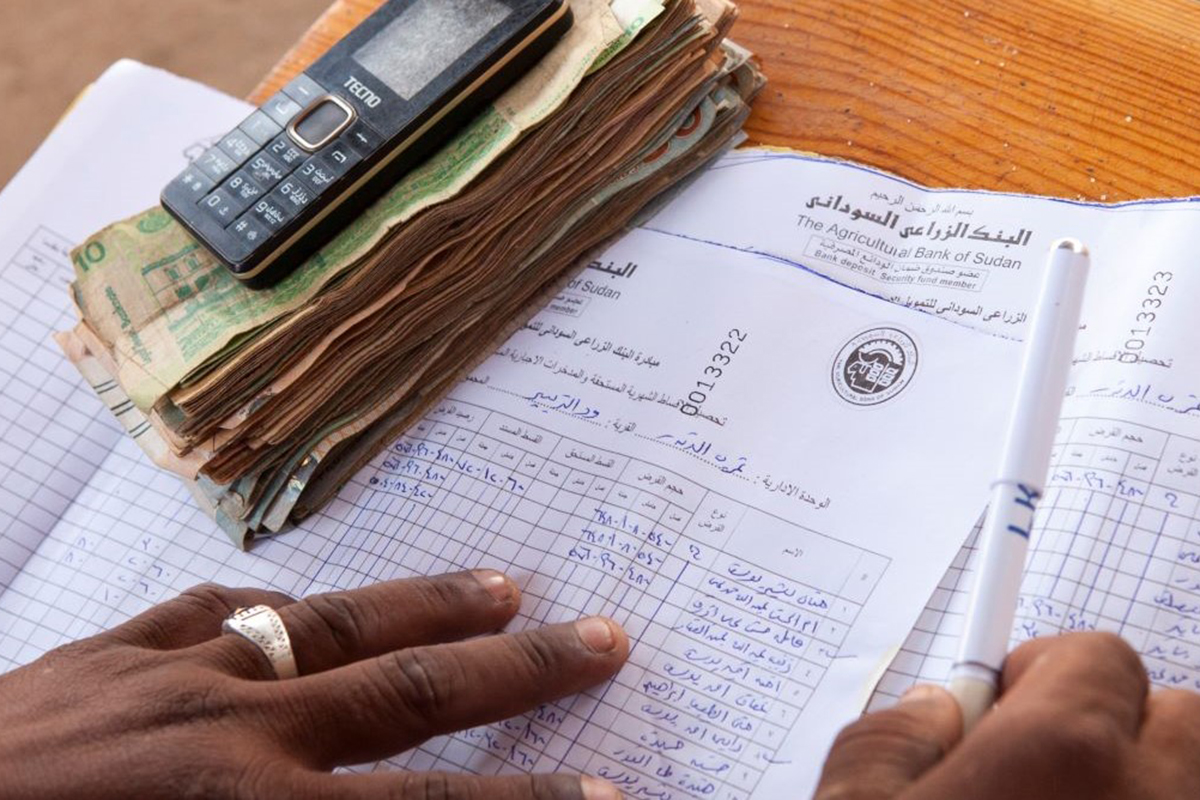After two years of incredible gains, the prices of Bitcoin and other cryptocurrencies have plunged in recent months; and more turbulence is likely, according to the UN trade and development agency, UNCTAD.
In its latest podcast, the Geneva-based agency is talking about cryptocurrencies with economist Marina Zucker of UNCTAD’s debt and development finance branch.
Are cryptocurrencies here to stay? Is it time for governments to regulate them? Tune in to hear Ms. Zucker spell out the risks and share her ideas about solutions.
Audio Credit: UNCTAD
Photo Credit: Unsplash/André François McKenz



